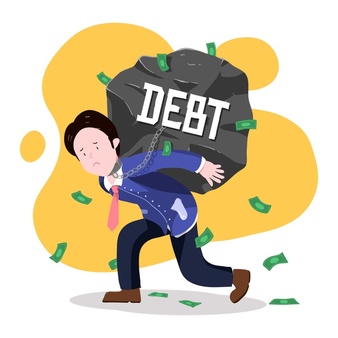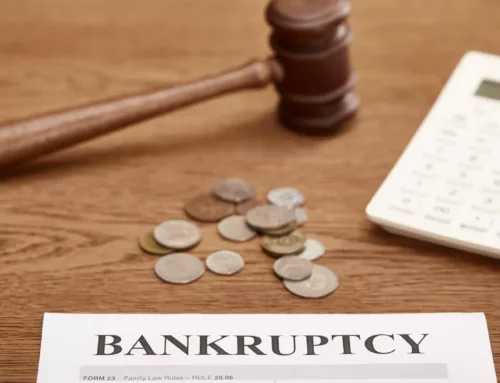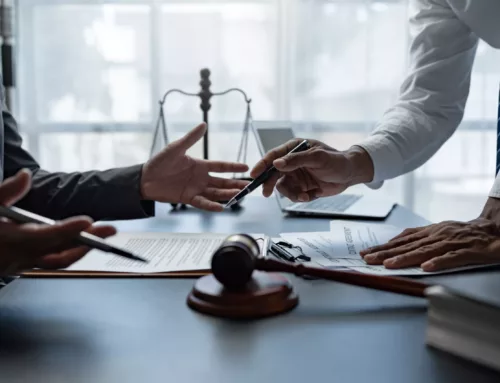While you normally would not look forward to declaring bankruptcy, there could be circumstances or events beyond your control that will make you see its value as a debt relief option. Filing bankruptcy could be the best way to deal with your current financial problems.
Through a bankruptcy filing, you will likely be able to repay creditors or wipe out debts by having them discharged. If you are planning to file a bankruptcy petition, it is necessary for you to first look at the different types of bankruptcy. One role of bankruptcy attorneys is to discuss with you your particular case and help you choose from the different bankruptcies.
Generally speaking, bankruptcy protection does not vary greatly if you are filing Chapter 7 or Chapter 13. Once you decide to file for bankruptcy, an automatic stay will take effect. However, liquidation bankruptcy cases (those under Chapter 7) are preferred by some because they would want to have most of their debts discharged.
-
What is a discharged debt?

A bankrupt individual filing a Chapter 7 will likely receive the discharge within a reasonable period (usually four months) after his or her actual declaration of bankruptcy. Filing for bankruptcy involves complicated federal and state laws. To ensure that you are doing everything correctly, legal help from a bankruptcy attorney is necessary before proceeding.
-
What debts could be discharged through my Chapter 7 bankruptcy filing?
According to the bankruptcy code, unpaid credit card, medical, rent, or utility bills would likely be forgiven. Depending on the specifics of each case, personal loans from friends or family and unsecured debts, in general, could also be discharged after bankruptcy. Also in the list of possibly dischargeable debts are debts incurred from willful injury of another, civil court judgments, contractual debts, and certain types of tax debts.
On the other hand, under bankruptcy law, criminal fines or penalties, mortgage payment for car loans, and types of tax debt that do not fall under the category in the above list cannot be discharged. Court fees and costs, child support or alimony, and debts due for compensatory damages on another individual for personal injury or death (as a result of driving under the influence, for example) will also likely not be forgiven even if you file a Chapter 7. Also on the list are student loans, unless undue hardship can be proven.
A discharge notice will be sent by the court both to your creditors and your bankruptcy trustee. This court order will prevent any harassment or collection activities from these creditors or any collector from their end.
The bankruptcy process could be tedious, but filing a bankruptcy case could be the best way for you to get back on track. Bankruptcy laws are complex and the lists above are nowhere near exhaustive. If you do decide to file bankruptcy, contact a trusted law firm as early as you can.
An experienced bankruptcy lawyer can help you with knowing how to file, filling out bankruptcy forms and paperwork, and going through every step of the process. If you are considering bankruptcy, contact us right now at HS&A, P.C. Law.



